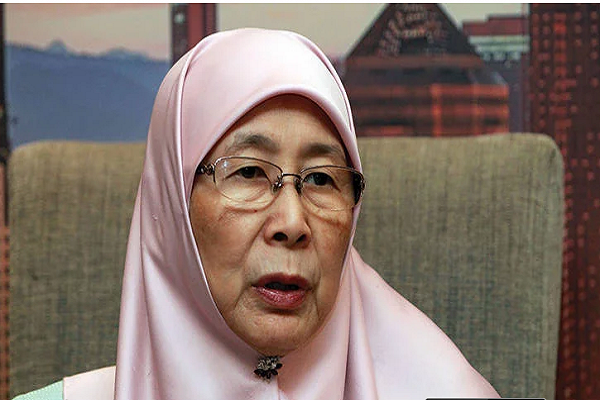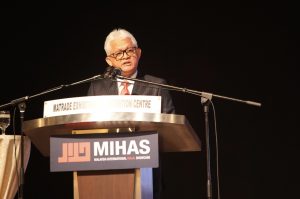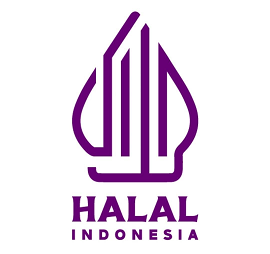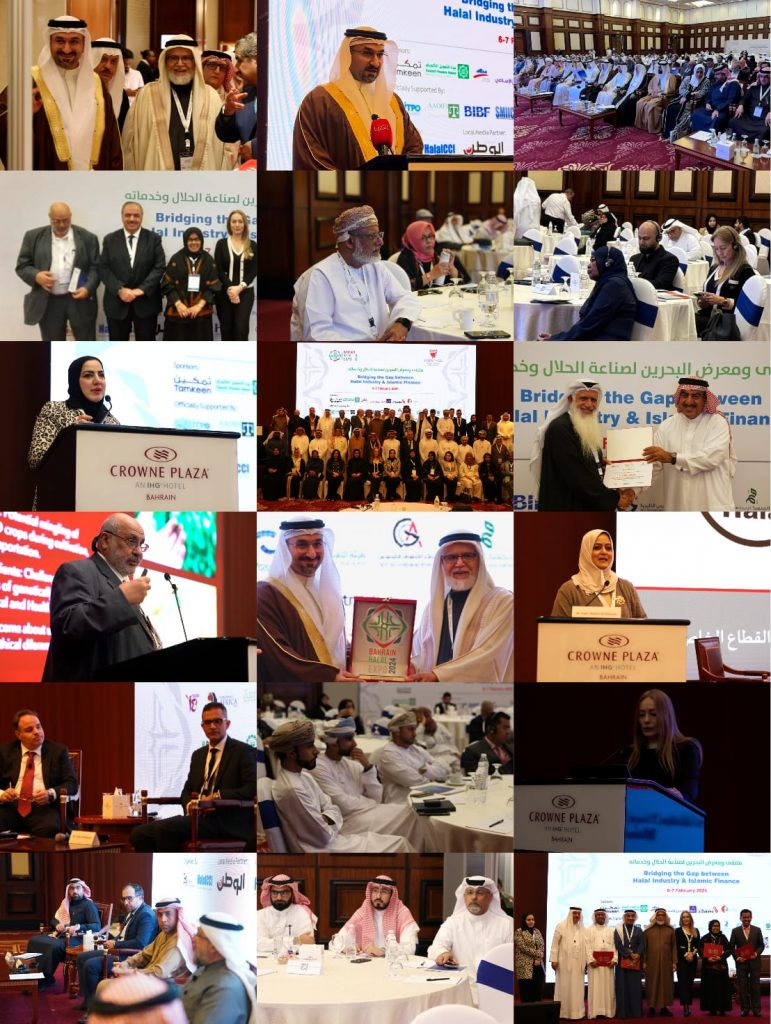
Citing a study conducted by HalalFocus in 2011, she said it was reported that there seemed to be a disconnection between the halal industry and Islamic finance, in that the two industries had surprisingly grown at different momentum and developed independently of each other.
She pointed out there were very few halal players using Islamic banking and finance instruments while the rest were non-users of Islamic financing services.
“Living up to the true halal branding, businesses must not only concentrate on halal production but importantly practice the Islamic way of financing,” she said in her keynote address at the Malaysia Halal Inclusion Roundtable and Masterclass in Putra Jaya on Tuesday.
The inaugural meeting was organized by the International Centre for Education in Islamic Finance (INCEIF) and Islamic Development Bank (IsDB) in cooperation with other related institutions including Bank Negara Malaysia (BNM) and Department of Islamic Development Malaysia (Jakim).
Based on BNM’s Financial Stability and Payment Systems Report 2017, Wan Azizah said Islamic business financing continued to exhibit a strong growth of 12.5%.
However, she pointed out that there was insufficient access to Islamic financing for the growth of small and medium enterprises (SMEs) in the halal sector.
Most of the Shariah-compliant SMEs were facing difficulties in seeking suitable Islamic financing for SMEs, she said.
“As a result, most of the local SME producers of halal products face problems in taking advantage of the demand and supply of the halal market across the world.”
In that respect, more concerted effort and attention should be focused on SMEs as they were the key drivers of new jobs and innovation in the halal business.
“With better financing, I believe that more industry players will be encouraged to expand their product lines to include halal-certified products,” she said.
The Malaysian deputy prime minister said with the expertise that had been accumulated over the years, it was possible for Malaysia to take the lead in defining, coordinating and marketing the wide range of halal products and services that were available worldwide.
In addition, she said Malaysia could serve as a focal point for halal product trade intelligence by being the premier destination for halal trade exhibitions and commerce.



